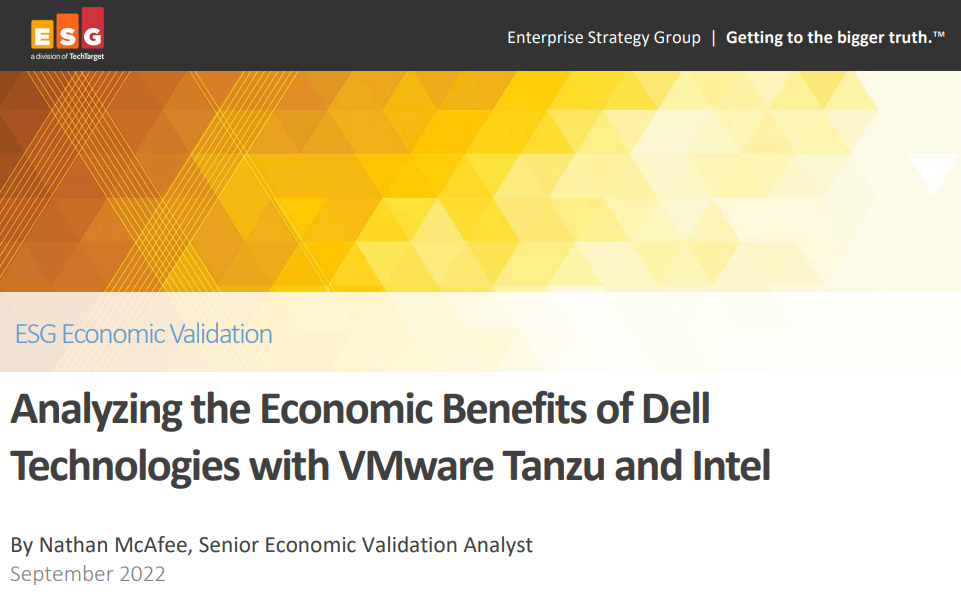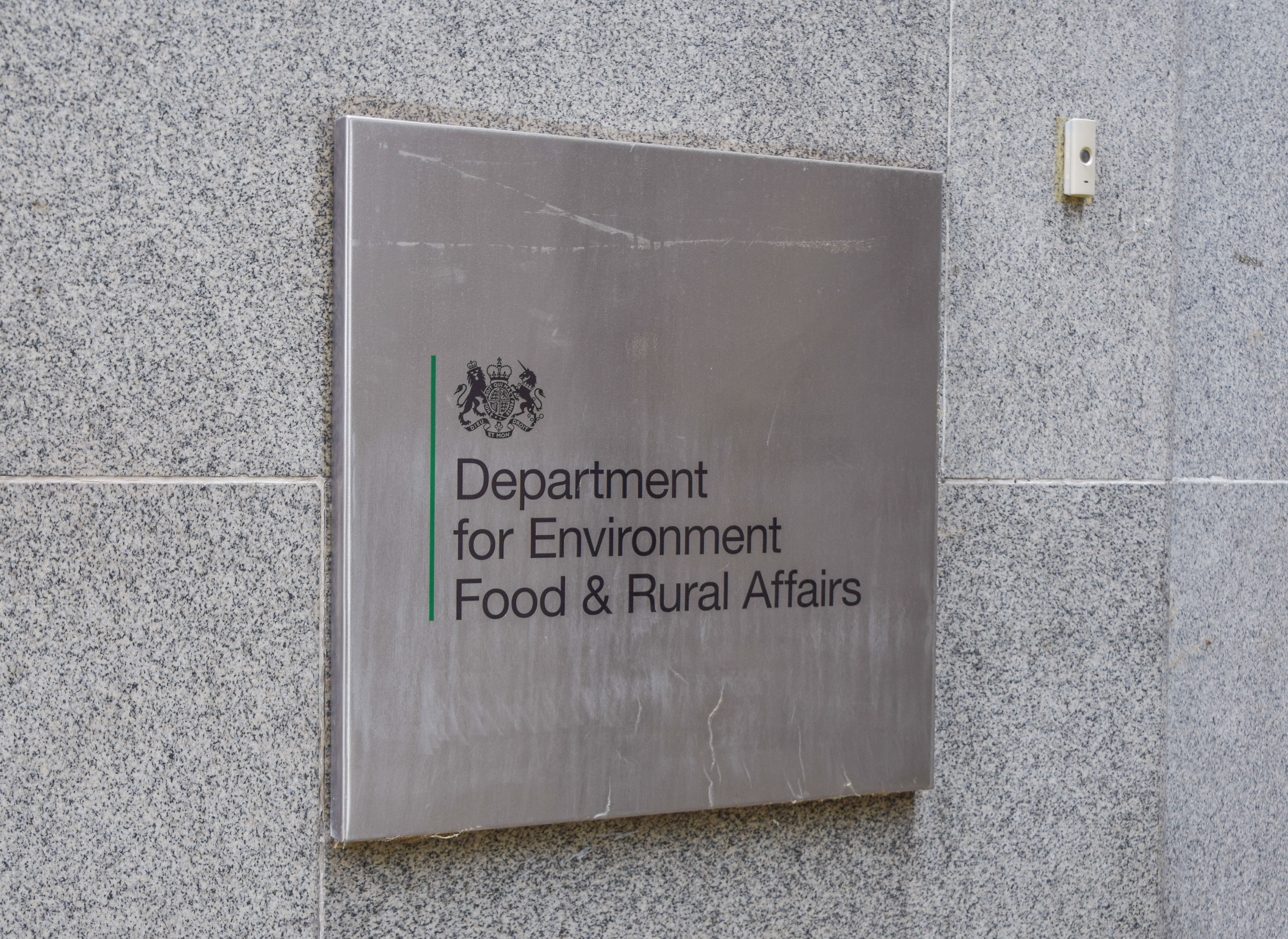Connexin rolls out UK's first nationwide IoT network
The smart city operator expands its LoRaWAN platform for use across all regions following successful trials in Yorkshire


Smart city development firm Connexin has announced plans to expand its Internet of Things (IoT) network across the entirety of the UK, with all local authorities and regions now able to link up with the company’s flagship platform.
Such a universal carrier-grade roaming long ranger wide area network (LoRaWAN) aims to lower the barriers to entry for regional governments hoping to launch their own smart city projects. This also eases the process for all organisations hoping to adopt IoT products.
This national rollout is the first of its kind in the UK and has started following successful regional deployments in Yorkshire, with organisations such as Yorkshire Water, Hull City Council and Amey among those which are already using the system.
Using the LoRaWAN network can allow any organisation in public service, from councils to utility firms, deploy IoT products without having to build their own network as they can tap into Connexin’s universal system.
“With a low-cost wide-area networking solution becoming available to all organisations across the UK, it opens up opportunities for those looking to deploy IoT solutions for a fraction of the cost of existing cellular infrastructure solutions,” said the founder and CEO of Connexin, Furqan Alamgir.
“Not only does this promote the development of new IoT-based technology but it allows existing solutions to be rolled out nationwide to encourage further adoption and will allow more people to utilise and benefit from affordable, carrier-grade IoT connectivity.”
This news builds on an £80 million fundraising effort in September, with the company aiming to become the UK’s chief smart cities provider following successful regional deployments in Sheffield, Hull, and the South Coast. The expansion of its national IoT network to cover all areas of the UK is now underway.
Get the ITPro daily newsletter
Sign up today and you will receive a free copy of our Future Focus 2025 report - the leading guidance on AI, cybersecurity and other IT challenges as per 700+ senior executives
The presence of a national IoT network may help to kickstart smart city projects across the UK, with only limited implementation and success to date. Many projects are either small in scale, or in the pipeline for future development, such as the government’s £90 million cash injection to build ‘future transport zones’. These will be located in the West of England Combined Authority, Portsmouth and Southampton, and Derby and Nottingham.
Asked to elaborate on the benefits for organisations joining a shared, universal network, Alamgir told IT Pro that the key benefit is a single architecture being used across multiple public sector organisations within a single local authority. "The collaboration aspect standardises the data access layer making it easier for local authorities to share data. Another obvious benefit is the cost of entry. Device manufacturers and solution providers have one single architecture to integrate with to provide service throughout the UK, so provides simplicity and cost savings.
"Lastly, it drives inward investment into the UK. Solution providers are more likely to deploy cutting edge IoT solutions across a single, managed and supported network vs multiple disparate ones.”"

Keumars Afifi-Sabet is a writer and editor that specialises in public sector, cyber security, and cloud computing. He first joined ITPro as a staff writer in April 2018 and eventually became its Features Editor. Although a regular contributor to other tech sites in the past, these days you will find Keumars on LiveScience, where he runs its Technology section.
-
 Cleo attack victim list grows as Hertz confirms customer data stolen
Cleo attack victim list grows as Hertz confirms customer data stolenNews Hertz has confirmed it suffered a data breach as a result of the Cleo zero-day vulnerability in late 2024, with the car rental giant warning that customer data was stolen.
By Ross Kelly
-
 Lateral moves in tech: Why leaders should support employee mobility
Lateral moves in tech: Why leaders should support employee mobilityIn-depth Encouraging staff to switch roles can have long-term benefits for skills in the tech sector
By Keri Allan
-
 Better together
Better togetherWhitepaper Achieve more with Windows 11 and Surface
By ITPro
-
 Transforming the enterprise
Transforming the enterpriseWhitepaper With Intel and CDW
By ITPro
-
 The top trends in money remittance
The top trends in money remittanceWhitepaper Tackling the key issues shaping the money remittance industry
By ITPro
-
 How Kantar revamped its IT infrastructure after being sold off
How Kantar revamped its IT infrastructure after being sold offCase Study Being acquired by a private equity firm meant Kantar couldn’t rely on its parent company’s infrastructure, and was forced to confront its technical shortcomings
By Rene Millman
-
 Deutsche Bank wraps up Postbank IT integration after bug-laden migrations
Deutsche Bank wraps up Postbank IT integration after bug-laden migrationsNews The IT merger is expected to generate annual savings of €300 million by 2025
By Daniel Todd
-
 Analyzing the economic benefits of Dell Technologies with VMware Tanzu & Intel
Analyzing the economic benefits of Dell Technologies with VMware Tanzu & IntelWhitepaper ESG economic validation
By ITPro
-
 Defra needs £726 million to modernize pervasive legacy IT issues
Defra needs £726 million to modernize pervasive legacy IT issuesNews A significant portion of IT systems are reportedly still in extended support or are fully unsupported
By Ross Kelly
-
 Former TSB CIO fined £81,000 for botched IT migration
Former TSB CIO fined £81,000 for botched IT migrationNews It’s the first penalty imposed on an individual involved in the infamous migration project
By Ross Kelly